I think you are looking for something along the lines of this:
# run with python dynamictopo.py z n
# e.g.: python dynamictopo.py 3 2
import sys
z = int(sys.argv[1]) # number of nodes
n = int(sys.argv[2]) # number of hosts
nodes = []
for i in range(0, z):
nodes.append("s" + str(i + 1))
print(nodes)
dct = {}
for j, node in enumerate(nodes):
hosts = []
for h in range(0, n):
hosts.append("h" + nodes[j][1] + "-" + str(h + 1))
dct[node] = hosts
print(dct)
This will print ['s1', 's2', 's3'] and {'s2': ['h2-1', 'h2-2'], 's3': ['h3-1', 'h3-2'], 's1': ['h1-1', 'h1-2']} if you use 3 and 2 as command line arguments. Note that dictionaries are unordered.
Or use this:
# run with python dynamictopo.py z n
# e.g.: python dynamictopo.py 3 2
import sys
z = int(sys.argv[1]) # number of nodes
n = int(sys.argv[2]) # number of hosts
dct = {}
for i in range(z):
hosts = []
for h in range(0, n):
hosts.append("h" + str(i + 1) + "-" + str(h + 1))
dct["s" + str(i + 1)] = hosts
print(dct)
